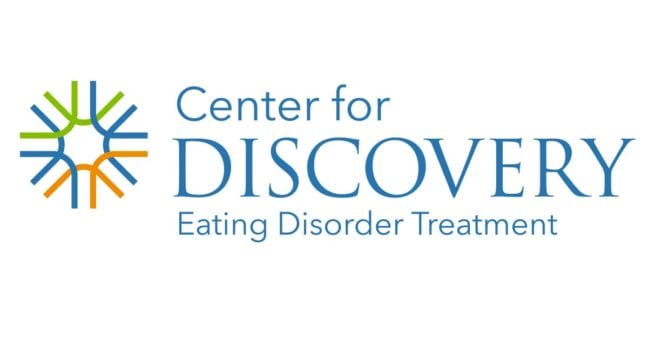LOS ANGELES, Sept. 17, 2021 /PRNewswire/ — Amid a surging COVID-19 health crisis, the celebration of September as National Recovery Month is more important than ever, especially for the nation’s adolescents as they return to school and face unprecedented mental health and substance use problems, says Peter Fowler, a clinical health professional and the Director of Education with Discovery Behavioral Health.
Each September National Recovery Month works to promote and support new evidence-based mental health and addiction treatment and recovery practices, the emergence of a strong and proud recovery community, and the dedication of service providers and community members across the nation who make recovery in all its forms possible.
While the public’s attention is understandably focused on the resurgence of the COVID-19 pandemic, which is now registering once again 1,000 deaths daily, it is overshadowing other major health crises – notably, mental illness, including depression and eating disorders, and substance use disorder (alcohol and drug addiction), and especially among youth.
“Adolescents are particularly vulnerable to mental health issues during the COVID-19 pandemic. They have experienced stress, anxiety and isolation during a time of life when identities are being fully formed and based in part on relationships and feedback received from peers,” says Fowler, a former high school teacher in New York City.
Mental illness is a serious public health problem of all ages in the U.S., however, among youth the suicide rate is increasing, recently surpassing the homicide rate for the first time. In 2017, there were more than 6,200 suicide deaths among adolescents and young adults ages 15-24, making it the second-leading cause of death for that age group.
Concurrent with rise in mental illness has been a dramatic spike drug in overdose deaths, which rose nearly 30 percent in 2020 to a record 93,000, according to preliminary statistics from the CDC. According to the most recent statistics available from the National Institute on Drug Abuse, 4,777 youth died from a drug overdose in 2019.
Before the pandemic, there was a consensus among medical professionals that America’s worse health problem was the rapidly increasing opioid crisis. “Even though 2020 saw a dramatic increase in overdose deaths, the news barely registered with the public because of the continuing COVID-19 pandemic. At any other time, this would have been front-page news, which would have led to more awareness of the issue and the need for treatment options,” says Fowler.
Of course, the COVID -19 virus and its highly contagious Delta variant is reeking its own level of unprecedented anxiety and stress among school-aged youth. Last month, it was reported that nearly 94,000 children were diagnosed with COVID, representing 15% of the total who were infected in the U.S. As well, adolescents have been hospitalized for COVID-19 at nearly three times the typical hospitalization rate for flu, and almost one-third required intensive care, according the latest CDC report covering cases in 14 states.
In his current role as head of education for DBH – a network of 123 mental health and substance use treatment centers in 12 states – Fowler has his pulse on these intersecting health crises. He notes that substance use disorder commonly occurs with mental illness, such as depression, anxiety and eating disorders, in adolescent patients at DBH centers.
“What we are seeing right now is a perfect storm for adolescents who were already struggling with higher rates of mental health issues now combined with the struggles that come with a global pandemic. This has exacerbated issues such as physical health, mental health issues, and substance use in individuals already uniquely sensitive due to their propensity to gather (mis)information from social media and their close proximity to one another in school,” he says.
What can parents do about it? Entitled “Not Just A Phase,” this public-service video outlines adolescent behavior that might signal a developing or continuing mental health problem: https://discoverymood.com/mental-health-awareness-month/.
To read the full article, CLICK HERE
